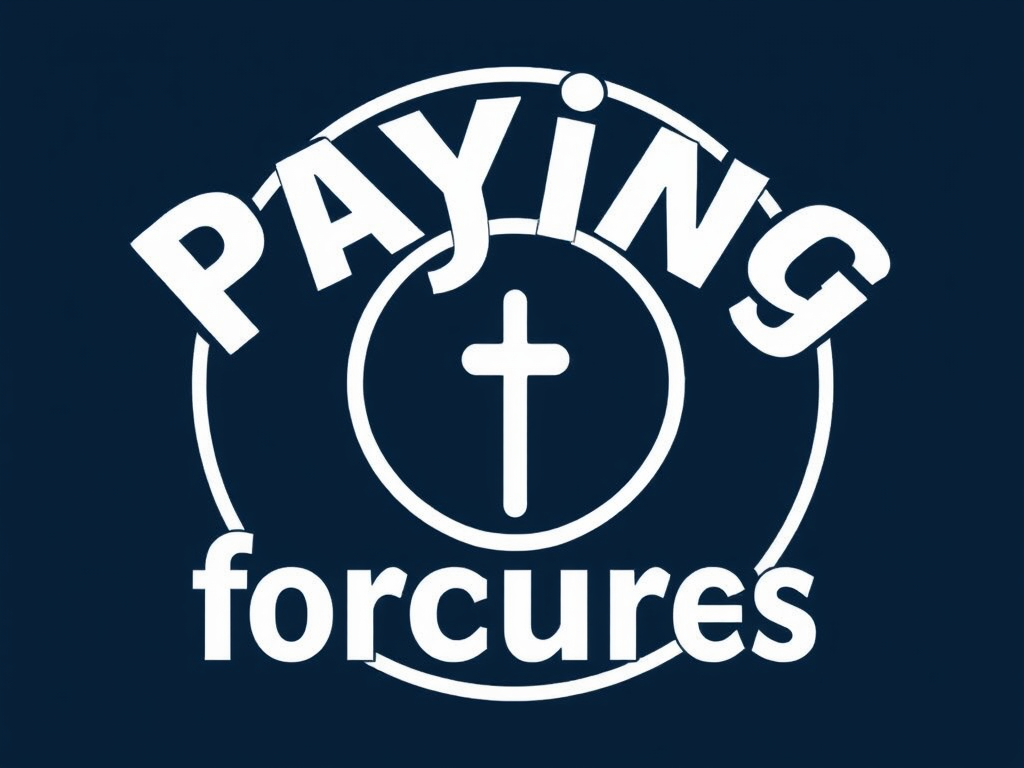Anxiety and panic can feel overwhelming, but effective management strategies are within reach. This guide explores actionable techniques, from mindfulness practices to cognitive-behavioral approaches, helping you find relief. Discover practical tools, relatable stories, and expert tips tailored to your needs. Embrace a journey toward calm, resilience, and mental well-being as you learn to navigate anxiety’s challenges and reclaim your peace of mind.
Understanding Anxiety and Panic Disorders
Anxiety disorders significantly impact daily life, introducing both mental and physical challenges. The need to overcome anxiety and prevent panic attacks has become a priority for many due to their overwhelming effect, characterized by persistent fear and worry. Symptoms can range widely, including a racing heartbeat, dizziness, and chest pains, alongside emotional disturbances like excessive worry and trouble concentrating. These manifestations often burst forth unexpectedly, causing undue stress.
Also read : Craft Your Custom Nutrition Blueprint: Boost Iron Levels Naturally and Effectively
Panic attacks, a severe imprint of anxiety, are defined by sudden waves of intense anxiety and fear. They can involve shaking, shortness of breath, and the distressing feeling of losing control. Typically, panic episodes last from five to 30 minutes, becoming a formidable aspect of life for those affected but without causing physical harm.
Various factors worsen anxiety and panic, such as environmental pressures or situational triggers like work stress or significant life changes. Understanding these elements allows for better management of symptoms, emphasizing the importance of identifying triggers to handle and reduce their impact on everyday living. Implementing combined strategies such as mindfulness, therapy, and support systems can offer pathways to alleviate these challenges.
Also to read : Creating Your Holistic Wellness Journey: Key Tactics for a Mindful Fitness Regimen
Practical Strategies for Managing Anxiety
Self-Help Techniques
Managing anxiety begins with effective self-help techniques. A common approach is mindfulness practices such as meditation, which can reduce immediate feelings of panic. Regular breathing exercises also aid in calming the mind during intense anxiety waves. Engaging in activities like journaling for anxiety relief is beneficial because it helps individuals process emotions and identify anxiety triggers. Setting aside dedicated time each day for self-reflection can also foster a sense of control.
Therapy Options
Cognitive Behavioral Therapy (CBT) stands out as a highly recommended method for those seeking structured support. It’s accessible through free NHS services and primarily focuses on changing unhelpful thoughts and behaviors. Finding the right therapist for anxiety is crucial and can be facilitated through community mental health organizations. Therapy may also explore the connections between anxiety and depression to offer a comprehensive treatment plan.
Lifestyle Adjustments
Incorporating lifestyle changes can significantly impact managing anxiety. Regular exercise, such as yoga for anxiety management, not only improves physical health but also releases endorphins that elevate mood. Maintaining sleep hygiene for anxiety sufferers is essential, as restful sleep can decrease anxiety symptoms. Finally, adopting a balanced diet, possibly enriched with foods that reduce anxiety fast, supports overall mental well-being.
Building Support and Community for Anxiety Management
Engaging with Support Groups
Engagement in support groups for anxiety offers individuals a safe space to express emotions and share experiences. Connecting with peers who understand your feelings can reduce isolation and foster a sense of belonging. These groups often provide a platform to exchange anxiety management techniques and shared coping strategies, which can be particularly empowering.
The Role of Trusted Relationships
Building a support network for anxiety starts with nurturing trusted relationships. Friends, family, and mentors can offer comfort and guidance during challenging times. Having someone to talk to can help process overwhelming emotions and clarify thoughts. Regular communication with loved ones creates an emotional buffer against anxiety and stress, enhancing one’s resilience.
Utilizing Online Resources and Tools
The digital age presents various online resources to help manage anxiety effectively. Websites like https://anxietychecklist.com/ provide self-help for panic attacks through curated action items and strategies. Additionally, remote mindfulness practices for anxiety, breathing exercises, and community forums connect individuals globally, offering support and practical tools to reduce symptoms. Online apps vetted for security and efficacy further assist in symptom management, ensuring a reliable aid in daily life.



